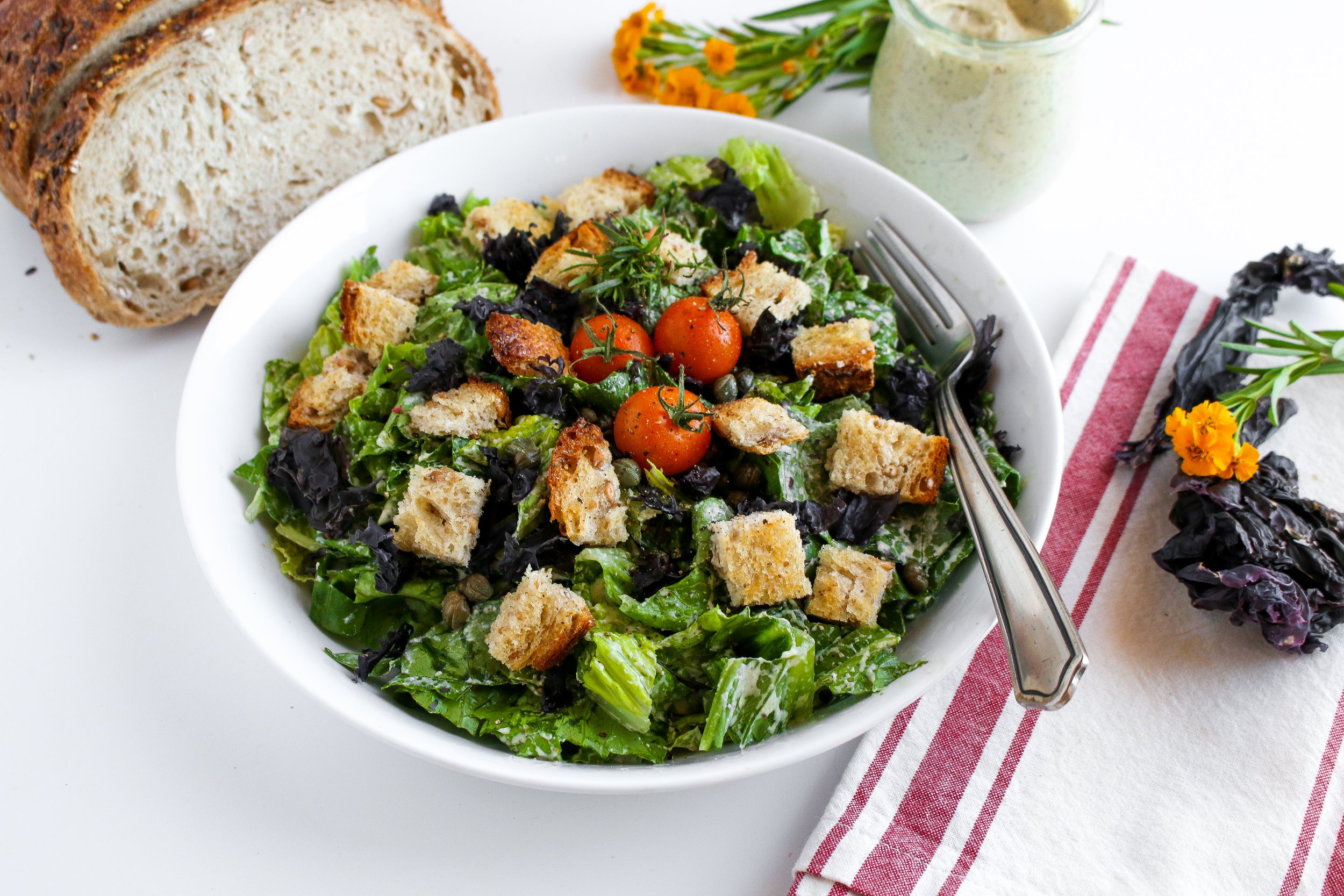
Language is a powerful tool for shifting culture. When it comes to food choices, how we talk about foods impacts a person’s desire to eat them. Through simple shifts in language and product design, we can shift perceptions of bivalves and sea vegetables and drive demand for these aquatic foods.




Explore Our Toolkits!
Foodservice Professionals
CPG Professionals
Nutrition & Health Professionals
Here, you will find evidence-based tools and resources to support chefs and foodservice operators, leaders in consumer packaged goods, and nutrition professionals in promoting and marketing bivalves and sea vegetables to people throughout the United States.
An actionable narrative toolkit for Foodservice Leaders
You—chefs, foodservice leaders, and restaurant staff—are in a unique position to introduce people to new, delicious food experiences that include bivalves and sea vegetables. For detailed insights on how to talk about aquatic foods in foodservice, hit the download button to receive two toolkits, one about bivalves and one about sea vegetables.
Innovative
Aquatic Foods Menu
Delicious
Food
New
Experiences
An actionable narrative toolkit for leaders in Consumer Packaged Goods
Future-proof your portfolio by incorporating these sustainable, globally relevant, and nutritious ingredients. For detailed insights on how to talk about aquatic foods in consumer packaged goods, hit the download button to receive two toolkits, one about bivalves and one about sea vegetables.
Sustainable
Nutritious
Globally
Relevant
Toolkit of resources for Nutrition & Health Professionals
Inspire clients on their health and wellness journey with evidence-based toolkits, nutrition guides, delicious recipes and fresh content ideas. For detailed insights on how to drive eater demands of aquatic foods for health and nutrition professionals, hit the download button to receive your toolkit.
Health
& Wellness
Sustainable
Sourcing
Inclusive Messaging
An actionable narrative toolkit for Retail and Supermarket Dietitians
This activation guide introduces you to aquatic foods and provides turnkey resources and promotion ideas ideal for dietitians in various roles within the retail setting. Consumer interest in aquatic foods is on the rise. This kit provides an opportunity for retail RDNs to promote this nutritious, sustainable category with programs that create a clear ROI.
Turnkey Resources
Clear ROI
Promotion ideas
Aquatic Foods toolkits launch webinar
Dive into the depths of sustainable aquatic “blue” foods in this webinar, featuring insights from the dynamic research teams at Food +Planet and BITE: Building Impact Through Eaters.
Learn about a year's worth of qualitative and quantitative research findings, condensed into key takeaways for foodservice, CPG, nutrition, and health professionals.
With this webinar, you’ll gain context on our invaluable, free toolkits and hear our expert recommendations on crafting compelling narratives to drive the consumption of clams, mussels, and sea vegetables. Feel free to reach out with any questions at info@eataquaticfoods.org. Let the aquatic adventure begin!
Learn about blue foods, including seaweed, clams, mussels, oysters, and scallops, which are packed with nutrition and sustainability benefits. Plus, watch Sharon Palmer make an easy, plant-based Seaweed Caesar Salad, featuring seaweed for a natural taste of the sea.




























